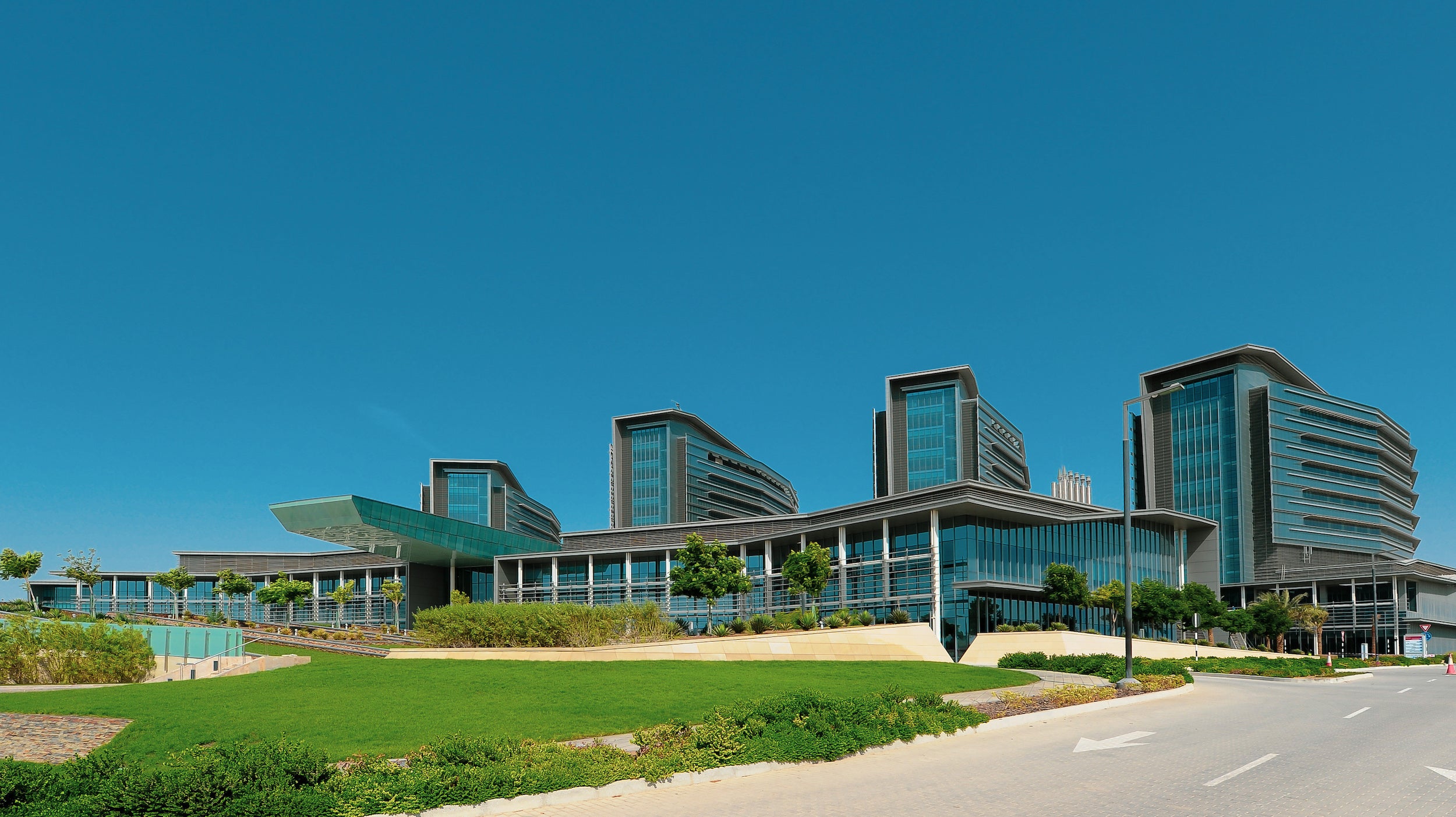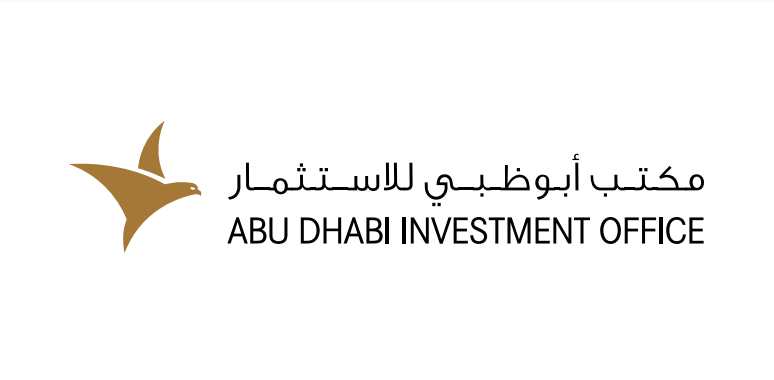
The Covid-19 pandemic has interrupted many sectors, including the once-thriving medical tourism industry. While demand for local health services has remained buoyant throughout the pandemic, lockdowns and travel bans have prevented all but the most urgent cases from travelling overseas for treatment. But this is a short-term phenomenon and, as countries begin to open up and the world gets moving again, predictions are that growth in medical tourism will return in 2021 and beyond, with the total global value estimated at $30bn a year for the next five years.
Looking forward to the bounce back
One city well placed to benefit from this growth is Abu Dhabi, which ranks 9th in the global Medical Tourism Index, with a score of 70.26, comparing well with the index’s top-ranked countries. With a strong and committed government that has a clear vision for its economy, as well as world-class healthcare, it’s likely that Abu Dhabi will continue to climb these rankings.
Investors have taken huge comfort in the resilience of the United Arab Emirate’s (UAE) ability to manage the pandemic effectively. More specifically, the Abu Dhabi government’s fast adoption of the non-invasive laser-based DPI technology (Diffractive Phase Interferometry), which allows mass-screening to detect Covid-19 results in seconds, has enabled people to cross into the emirate of Abu Dhabi safely, putting the UAE’s capital on course to recover from the pandemic.
A central role for healthcare
Healthcare has been a central strand of the Abu Dhabi government’s economic strategy since it launched the Abu Dhabi Economic Vision 2030. The plan highlights the potential of the market for healthcare services, stating, “Affluent patients across the world are willing to travel to find the best hospitals and healthcare services, and Abu Dhabi intends to successfully compete in this market by developing world-class healthcare facilities.”
And investments in the healthcare system and infrastructure since have lived up to this promise, with leading global players signing partnership deals to operate world-class facilities in Abu Dhabi. Among them is the Mayo Clinic, which struck a joint venture with the Abu Dhabi Health Services Company (SEHA).
Gianrico Farrugia, M.D., president and CEO of Mayo Clinic, explains that the idea to come to Abu Dhabi emerged naturally from discussions on working together, “As SEHA and the Abu Dhabi Department of Health (DoH) developed plans for a major healthcare hub, we started discussions about how we might bring more of Mayo Clinic to Abu Dhabi. There was a need and a desire to provide integrated care for patients with serious and complex illness in the region that fits well with our model of care. Mayo Clinic’s approach to medicine is defined by multispecialty integration and teamwork, and a commitment to compassion, innovation and excellence.”

Dr Farrugia adds it was clear early on that Mayo Clinic and Abu Dhabi Health Services Company (SEHA), shared a vision and commitment to develop the Sheikh Shakhbout Medical City (SSMC) into the region’s premier destination for medical care. “We’re both dedicated to providing the highest-quality patient care with integrity and respect, and to continuously evaluating and advancing health care delivery,” he says.
Committed to the global economy
The Mayo Clinic’s presence in Abu Dhabi is part of its commitment to engage with the wider international health community that dates back to its founders, brothers Dr William J. Mayo and Dr Charles H. Mayo, who took turns traveling the world to learn from others, sharing knowledge and expertise to benefit patients. Today, Mayo Clinic physicians, scientists and healthcare staff hail from around the globe, with the SEHA joint venture partnership taking such international collaboration to the next level.
Dr Farrugia explains, “During SSMC’s phased opening, Mayo Clinic and SSMC physicians, nurses and other caregivers and administrators worked side by side. We’re sending some of our best physicians and other healthcare providers, researchers, educators and administrators to Abu Dhabi. They are world experts in their specialties.”
And if 2020 has dented the growth of medical tourism, Dr Farrugia is upbeat about its long-term health. “We expect medical tourism to continue to grow. At the same time, we anticipate that patients will increasingly want and expect to receive care close to home, and, thanks to advances in digital technology, even in their own homes. Mayo Clinic is well-positioned to serve at the forefront of both trends, and our collaboration with SEHA to develop SSMC into a medical destination in the region is a key part of that. SSMC is a new hospital and one of the UAE’s largest, with advanced medical infrastructure and an ideal location to serve the people of Abu Dhabi, the UAE and the region.”
Innovation and new opportunities
Being brand new brings with it the opportunity to invest in the latest technologies and treatments, and SMCC is at the forefront in several areas including robotics. “SSMC recently performed its first robot-assisted surgery. The surgery came less than a year after SSMC’s opening and is part of the launch of a comprehensive robotic surgery program to provide minimally invasive operations. This helps patients to recover more quickly and improves clinical outcomes. As innovations are developed and introduced into clinical care we will need to ensure that they are rigorously tested to provide both excellence and safety.”
Abu Dhabi is, despite a global economic slowdown, continuing its rapid investment in its healthcare sector which remains in a strong competitive position due to its central location – being eight hours from 80% of the world’s population – its strong economy, investment opportunities, safety and the ease of doing business.
As Dr Farrugia confirms, “Abu Dhabi seems very open to doing business with global companies and is investing to provide the ecosystem and build the infrastructure to set up companies for success.”


